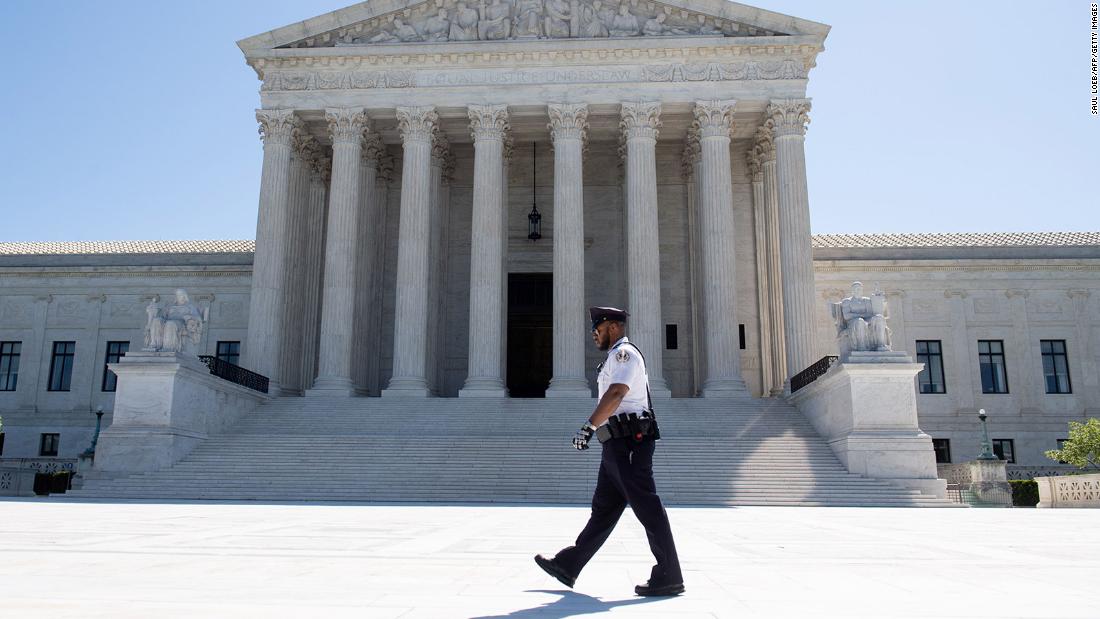But Judge Stephen Breyer – the only acting judge who believes the court should reconsider the constitutionality of the death penalty – and Judge Sonia Sotomayor attacked in an late-night order that reported details of all executions.
“This is not justice,” wrote Sotomayor, noting that Higgs was the third federal execution in a week and the 13th overall.
Turning his attention to all executions, Sotomayor wrote: “To put this in a historical context, the Federal Government will have executed more than three times as many people in the past six months as in the previous six decades.”
She said the government should have proceeded with “some measure of restraint” instead of acting in “unprecedented haste” amid issues related to the Department of Justice’s drug protocol, the Federal Death Penalty Act and other disputes.
She also turned her attention to her conservative colleagues who she said had “repeatedly avoided” her usual deliberative processes, allowing the government “to move forward with an unprecedented and mind-boggling schedule of executions”.
She analyzed many of the complaints presented and how judges at lower levels sometimes ruled in favor of prisoners, only to be overturned. She particularly noted that in December both inmate Corey Johnson and Higgs, both executed this week, tested positive for Covid-19.
“There can be no ‘instant justice’ in matters of life and death,” wrote Sotomayor. “Still, the Court allowed the United States to execute thirteen people in six months under a legal scheme and regulatory protocol that received inadequate analysis, without resolving the serious complaints raised by the convicted individuals,” she said.
In saying that she disagreed “respectfully”, she added: “Those whom the government executed during this effort deserved more from this Court.”
Breyer said the court needed to address a myriad of issues, including whether the government protocol poses a risk of extreme pain and unnecessary suffering. He said that all claims made – many at the last minute – were not frivolous.
“What should the courts do when faced with such legal issues?” he asked. “Should they ‘hurry up, hurry up?’ He again called for a reconsideration of the constitutionality of the death penalty itself.
Judge Elena Kagan also disagreed, but chose not to join Sotomayor or Breyer or to explain her thinking separately.
In his final appeal to the Supreme Court, Interim Attorney General Jeff Wall told judges that Higgs had received nine death sentences in 2001 “in connection with the cold-blooded murder of three women on federal lands near the Baltimore-Washington Parkway. ” He said the court of first instance that suspended the execution was “unprecedented and unsustainable” and that the execution should continue.
“As this Court has repeatedly emphasized,” wrote Wall, “both the government and the victims of crime have an important interest in the timely enforcement of a death sentence.”
